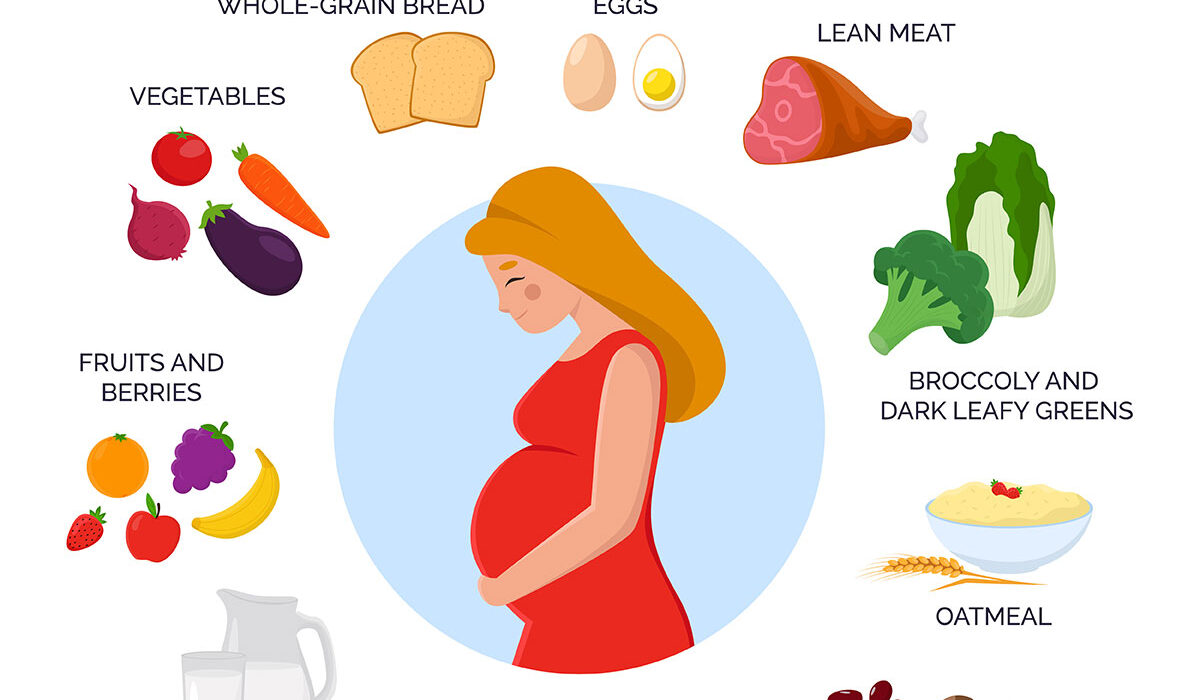Introduction
Pregnancy is a beautiful journey filled with anticipation and excitement, but it also comes with its challenges. Ensuring a healthy pregnancy is crucial for both the mother and the developing baby. This article outlines essential tips and practices that can help expectant mothers maintain their health and well-being throughout their pregnancy.
Nutritional Needs
- Balanced Diet:
A balanced diet rich in fruits, vegetables, whole grains, lean proteins, and healthy fats is vital. Proper nutrition provides the essential vitamins and minerals needed for the baby’s growth and development. - Folic Acid:
Folic acid is crucial for preventing neural tube defects. Pregnant women should aim for at least 600 micrograms daily, found in leafy greens, citrus fruits, beans, and fortified cereals. - Hydration:
Staying hydrated is essential during pregnancy. Drinking plenty of water helps support the increased blood volume and aids digestion. Aim for at least 8-10 cups of fluids daily. - Calcium and Iron:
Calcium supports the development of the baby’s bones and teeth. Good sources include dairy products, leafy greens, and fortified foods. Iron is important for preventing anemia; foods rich in iron include lean meats, beans, and spinach.
Regular Prenatal Care
- Routine Check-ups:
Regular visits to a healthcare provider are crucial. Prenatal check-ups monitor the health of both mother and baby and provide important screenings and tests. - Ultrasound Scans:
Ultrasound scans help assess the baby’s growth and development. They can also detect potential complications early. - Vaccinations:
Ensure that vaccinations are up to date, including the flu vaccine and Tdap vaccine, to protect both mother and baby from preventable diseases.
Physical Activity
- Stay Active:
Regular physical activity can help manage weight, improve mood, and reduce discomfort. Activities like walking, swimming, and prenatal yoga are excellent options. - Listen to Your Body:
It’s important to pay attention to your body’s signals. If you feel fatigued or unwell, take breaks and rest as needed.
Mental Health
- Manage Stress:
Pregnancy can be a stressful time. Engage in relaxation techniques such as meditation, deep breathing exercises, or prenatal yoga to help manage stress. - Seek Support:
Surround yourself with supportive friends and family. Consider joining a prenatal class or support group to connect with other expectant mothers.
Lifestyle Adjustments
- Avoid Harmful Substances:
Stay away from alcohol, tobacco, and recreational drugs, as these can harm the developing baby. Consult your healthcare provider about any medications you’re taking. - Limit Caffeine:
Limit caffeine intake to 200 milligrams per day (about one 12-ounce cup of coffee) to reduce the risk of miscarriage or low birth weight. - Get Adequate Sleep:
Prioritize rest and find comfortable sleeping positions. Sleep can be challenging during pregnancy, but it’s essential for overall health.
When to Seek Help
If you experience any unusual symptoms, such as severe headaches, vision changes, abdominal pain, or excessive swelling, it’s essential to consult your healthcare provider immediately.
Conclusion
A healthy pregnancy is built on a foundation of proper nutrition, regular prenatal care, physical activity, and mental well-being. By following these essentials, expectant mothers can nurture their health and promote the healthy development of their babies. If you have questions about your pregnancy or need support, don’t hesitate to reach us .



